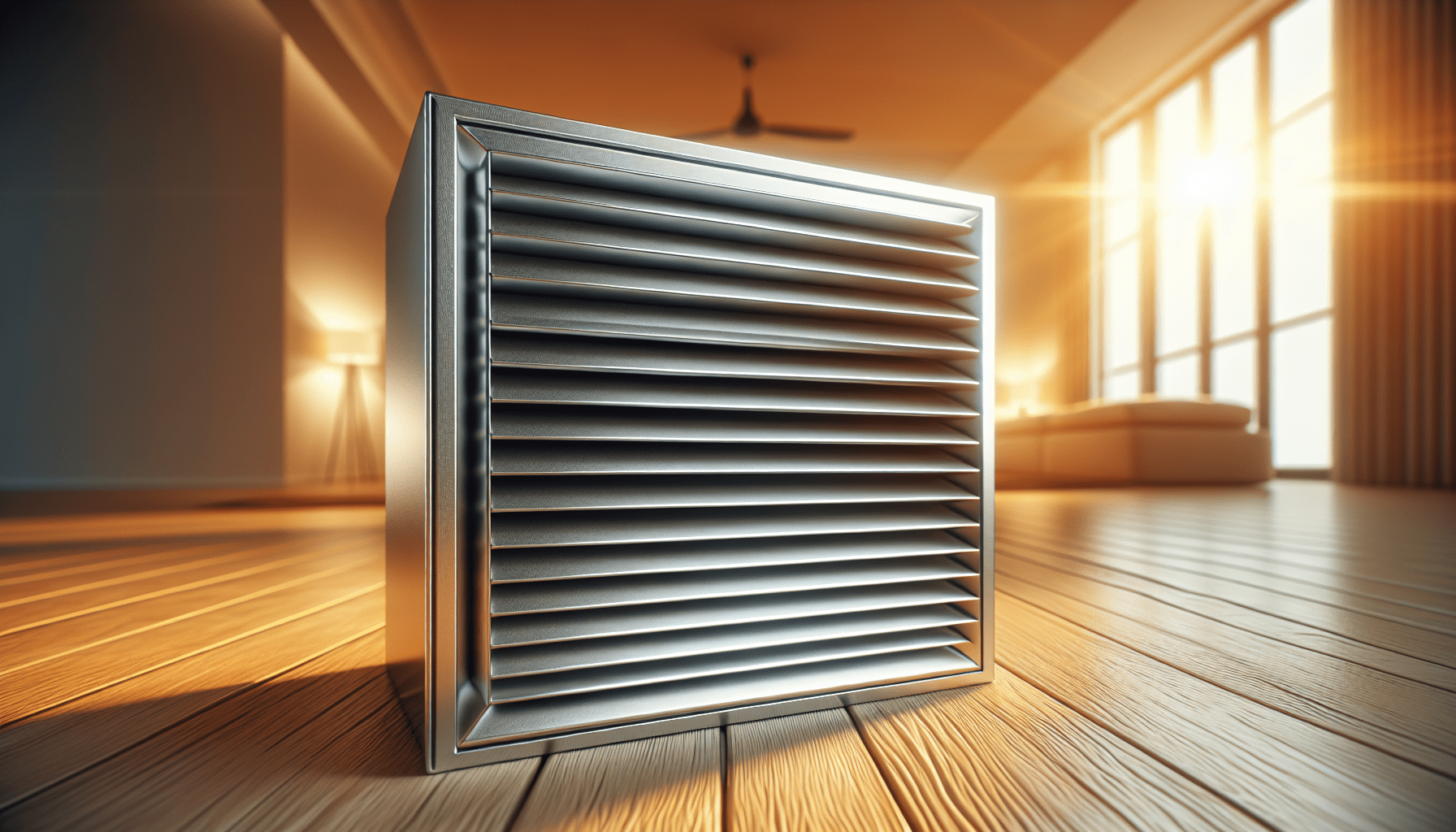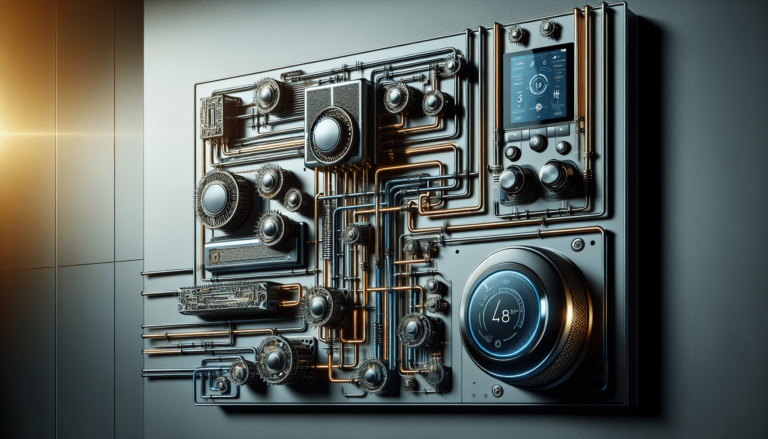

HVAC Services
Get Professional Repairs From The Area's Trusted HVAC Technicians. Ask About Our Services! We Offer Professional Heating & Cooling System Repairs And Guarantee Long-Lasting Results.
Got Question? Call us: (850) 678-2665Financing
Enhancing Indoor Air Quality With HVAC Systems
Discover how HVAC systems enhance indoor air quality for better health and comfort. Explore tips and maintenance tricks for cleaner, fresher indoor air.

Have you ever wondered how the air inside your home affects your well-being? Indoor air quality plays a significant role in your health and comfort. Often, you might overlook its importance, focusing more on keeping your house clean or tidy. But the truth is—what you breathe matters.
Understanding Indoor Air Quality
Indoor air quality refers to the condition of the air inside buildings, whether that be your home or workplace. It can affect your comfort and health significantly. Poor air quality can lead to various health issues, including allergies, asthma, and respiratory infections. Understanding this can help you make informed decisions to improve your environment.
Common Indoor Air Pollutants
Indoor air contains various pollutants, such as dust, pollen, pet dander, and chemicals from cleaning products. Additionally, smoke, mold spores, and volatile organic compounds (VOCs) contribute to indoor pollution. Each of these can trigger health issues, especially if you or someone in your household is sensitive or allergic.
The Role of HVAC Systems in Indoor Air Quality
Your heating, ventilation, and air conditioning (HVAC) system plays a pivotal role in maintaining indoor air quality. HVAC systems regulate temperature, humidity, and air flow—all factors that influence air quality. By controlling these elements, HVAC systems help create a healthier indoor environment.
How HVAC Systems Work
HVAC systems circulate air throughout your home. They consist of various components like filters, ducts, and vents, each playing a role in air quality. Filters capture dust and pollutants, preventing them from re-entering your living spaces. This circulation process ensures consistent air quality in every room.
Importance of Proper Ventilation
Proper ventilation removes stale air and replaces it with fresh outdoor air. Without adequate ventilation, pollutants accumulate, degrading air quality. HVAC systems with built-in ventilation functions ensure your home gets a breath of fresh air, which is crucial for good health.

Maintaining HVAC Systems for Optimal Air Quality
Regular HVAC maintenance is essential for enhancing indoor air quality. Maintenance includes changing filters, cleaning ducts, and ensuring all components function correctly. These actions prevent pollutant build-up, maintaining cleaner air in your home.
Changing Air Filters
Air filters are a critical part of your HVAC system. Over time, they collect dust, pollen, and other particles. Changing them regularly is necessary to maintain system efficiency and clean air. Depending on your system and usage, this might range from monthly to quarterly.
Cleaning Air Ducts
Air ducts deliver conditioned air throughout your home. Dirty or clogged ducts can distribute pollutants and dust, exacerbating air quality issues. Periodic cleaning prevents blockages and the spread of contaminants, contributing to a healthier home environment.
Choosing the Right HVAC System
Selecting an appropriate HVAC system is vital to maximizing indoor air quality. Various types exist, from central air conditioning units to heat pumps and air purifiers. Understanding their differences helps you make a choice that fits your needs.
Energy Efficiency and Air Quality
Energy-efficient HVAC systems not only save money but improve air quality. They use less energy while providing effective temperature regulation and ventilation. Investing in an energy-efficient system supports both the environment and your indoor air.
Advanced Technologies
Modern HVAC systems incorporate technologies like UV lamps and air purifiers. These additions address specific air quality concerns. For instance, UV lamps help reduce microbial growth, while purifiers capture additional pollutants not trapped by regular filters.

Simple Habits to Support Indoor Air Quality
Beyond relying on HVAC systems, adopting simple habits can further enhance your home’s air quality. These everyday practices contribute to a healthier living environment without requiring significant changes.
Regular Cleaning
Dust and vacuum regularly to reduce dust and allergens in your living space. Use a vacuum with a HEPA filter for the best results. Clean surfaces with non-toxic products to avoid introducing additional pollutants.
Control Humidity Levels
High humidity can promote mold and mildew growth, affecting air quality. Use dehumidifiers if necessary, and ensure your HVAC system effectively manages humidity. Keeping indoor levels between 30-50% is generally ideal.
How Tempacure Heating and Air Conditioning Can Help
With decades of experience, Tempacure Heating and Air Conditioning can assist you in enhancing your indoor air quality. Their team offers expert advice, maintenance, and installation of top-quality HVAC systems tailored to your needs.
Contact Information
For more guidance on HVAC systems or to schedule a consultation, reach out to Tempacure Heating and Air Conditioning:
- Address: 325 Cedar Ave S, Suite B, Niceville, FL 32578
- Phone: (850) 678-2665
- Website: Tempacure Heating and Air Conditioning
Conclusion
Focusing on indoor air quality is not just about maintaining comfort—it’s about ensuring good health and well-being for you and your family. Understanding the role of HVAC systems in this process is vital. With regular maintenance, the right system, and good habits, you can breathe easier and live healthier.







